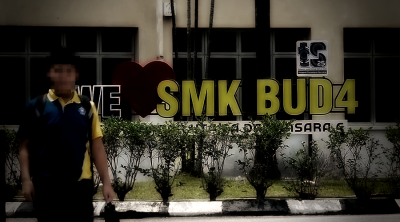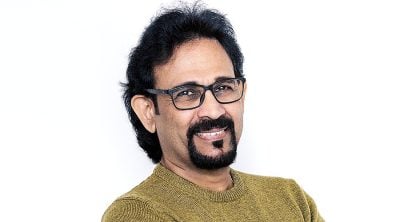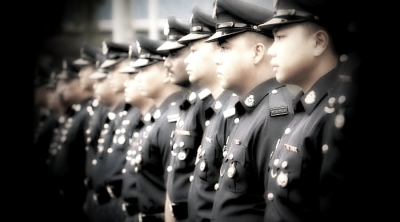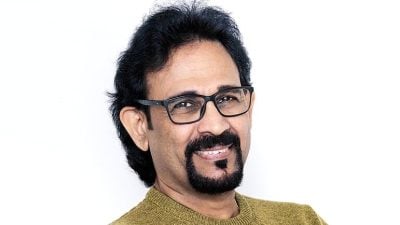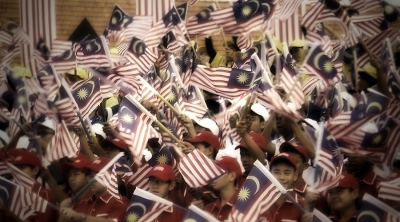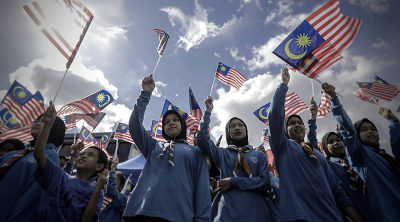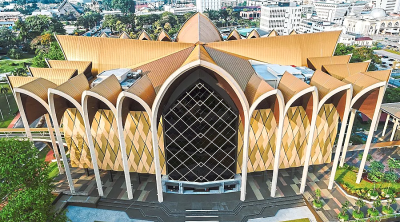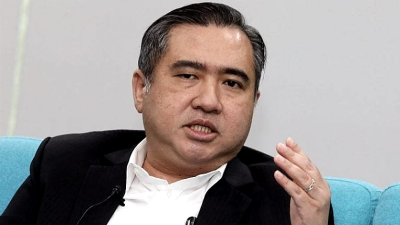
“Why do you write about this famous actor only after he has passed away, and not when he was alive?”
My daughter’s innocent question made me ponder and reflect on how we often tend to wait till someone is gone to truly appreciate his or her life and legacy.
This article is my answer – a tribute to celebrating greatness in the moment, not just in memory.
The recent passing of Tun Abdullah Ahmad Badawi, Malaysia’s fifth Prime Minister, has stirred my reflections or observation on a familiar human pattern: we often recognize and celebrate greatness only after it has quietly slipped away.
Tun Abdullah, affectionately known as Pak Lah, was a leader marked by humility, integrity, and a commitment to reform.
His tenure from 2003 to 2009 saw meaningful strides in governance, judicial reform, and interfaith understanding.
The government honored him with the highest decoration of the title ‘Tun’ in 2009. Yet, after stepping down, he lived a life of relative silence, away from the public eye until his recent passing on April 14, 2025.
His death invites us to ponder a deeper question: Why do we so often wait until great people are gone to truly appreciate their contributions?
This question applies to other prominent Malaysian figures, too.
Consider the life of P. Ramlee, Malaysia’s legendary artist and filmmaker.
Despite his immense influence on Malaysian culture, P. Ramlee faced neglect and criticism during his lifetime. It was only after his death in 1973 that his genius was fully embraced, his films and songs becoming national treasures.
Today, institutions bear his name, streets are named after him, and his legacy is celebrated widely – a posthumous honor that reflects collective regret for not valuing him enough while he was alive.
Similarly, Ahmad Boestamam, a prominent Malaysian writer and nationalist, inspired generations with his literary works and political activism.
Yet his name is not as widely recognized as it deserves to be, reminding us how easily significant contributions can fade from public consciousness if not actively acknowledged.
Looking beyond Malaysia, the same question resonates across Asia, too.
India’s Subramania Bharati, known as Bharatiyar, was a revolutionary Tamil poet and social reformer who challenged entrenched social norms and inspired the independence movement.
Bharati’s poetry, rich with calls for equality and freedom, was only fully appreciated decades after his untimely death in Chennai in 1921 after injuries sustained from an elephant attack at a temple.
His funeral was notably attended by only about a dozen to fourteen people, including close friends and relatives.
The small turnout was partly due to practical reasons such as the inability of distant friends and relatives to arrive in time and societal prejudices against him.
Despite his stature as a “Mahakavi” (great poet) and nationalist, Bharati was not widely recognized or honored by the contemporary elite during his lifetime.
Similarly in China, the modernist painter Sanyu lived a quiet life, his art blending East and West, but political turmoil and his own silence meant his work was nearly forgotten until rediscovered long after his death in 1966.
The West, too, offers familiar examples. World famous artist Vincent van Gogh, who sold only a few paintings during his lifetime, is now hailed as a master of art.
Scientists such as Gregor Mendel, the father of genetics, and Alfred Wegener, who proposed continental drift, were dismissed or ignored until after their deaths.
Actors like Heath Ledger and James Dean became legends only posthumously, their talents fully appreciated when it was too late to hear their thanks.
Why do we humans delay appreciation? Perhaps one of the reasons could be because familiarity dulls our recognition.
When greatness is present on a daily basis, it becomes invisible.
Cultural norms, especially in many Asian societies, emphasize humility and emotional restraint, making open praise during life less common.
In addition, there is also a natural discomfort with mortality – celebrating one’s greatness deeply may feel as if it is in preparation for his or her death.
Also, social rituals often reserve grand tributes such as statues, obituaries, editorials, and the naming of airports and roads, for after death, creating accepted moments for collective mourning and honor.
However, this belief to delay appreciation when living comes at a cost.
Those who shape our arts, sciences, politics, and culture often miss the encouragement and gratitude that could inspire and sustain them.
What a difference it would make to these everyday heroes if their contributions were acknowledged and celebrated during their lifetime; such recognition would not only uplift the individual but enrich society, inspiring others to pursue their own gifts with confidence and joy.
Instead, with our choice to keep silent with our praise, society loses the chance to engage with living legacies, to learn directly from their wisdom and passion.
Reflecting on P. Ramlee, Ahmad Boestamam, Subramania Bharati, Sanyu, and many Western luminaries, the message is clear: we must change.
We must learn to recognize and celebrate greatness when people are alive, encourage them, express our gratitude to them, and share admiration openly.
We should honor them with our words and actions today instead of waiting to erect statues, write editorials, or name roads after them when they have no more tomorrows.
Tun Abdullah Ahmad Badawi’s life and passing brings this truth into sharp focus.
Known for his quiet leadership, emphasis on integrity, and efforts to promote moderation and reform, he chose humility over spectacle.
Yet, his retreat from public life after his premiership, especially as he battled dementia, meant Malaysians had fewer opportunities to express their appreciation and support while he was still with us.
His dignified departure reminds us that greatness does not always shout – it can be gentle, silent, and still profound.
So, as we remember Tun Abdullah Ahmad Badawi and all the great souls whose legacies shine brighter after their passing, let us ask ourselves: should we not strive to appreciate and encourage greatness while it still walks among us? Your thoughts?
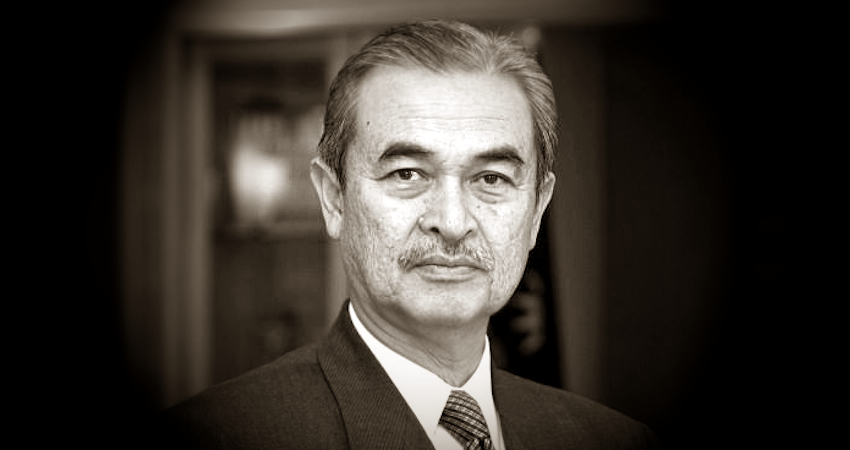
(Ravindran Raman Kutty is an active social worker.)
ADVERTISEMENT
ADVERTISEMENT






